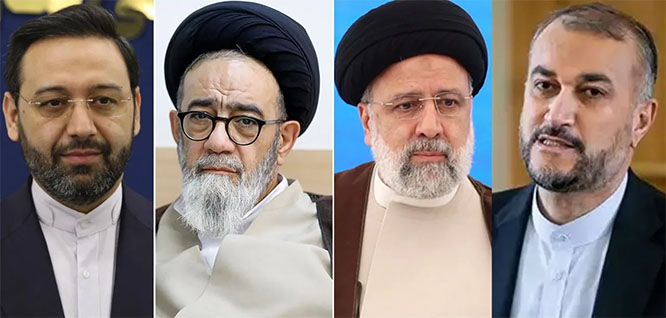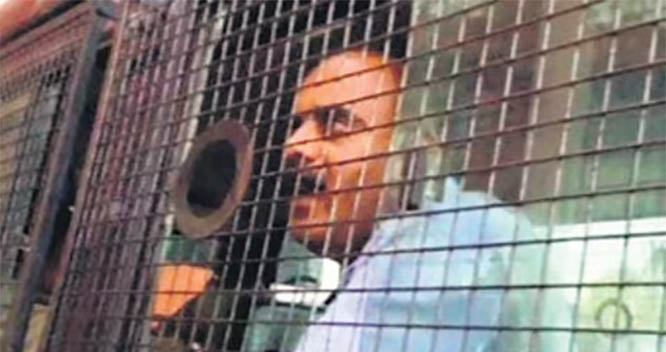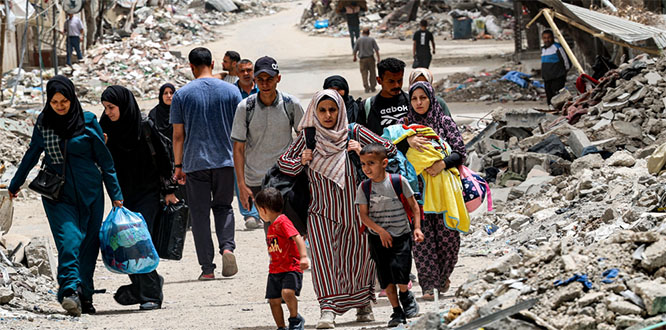
Singapore has hanged a 45-year-old citizen who was caught with 31 grams of heroin, the first time the city-state has executed a woman in nearly two decades.
Saridewi Binte Djamani was hanged on Friday, July 28, after being convicted of trafficking “not less than 30.72 grams” of the drug in 2018, the Central Narcotics Bureau said in a statement.
Singapore's laws mandate the death penalty for anyone convicted of trafficking more than 500 grams (17.64 ounces) of cannabis and 15 grams (0.53 ounces) of heroin.
Djamani's execution came two days after that of a Singaporean man, Mohammed Aziz Hussain, 56, for trafficking around 50 grams (1.75 ounces) of heroin, AP reported.
The narcotics bureau said that both prisoners were accorded due process, including appeals of their conviction and sentence and petition for presidential clemency.
However, human rights groups, international activists, and the United Nations have requested Singapore to halt executions for drug offenses, saying that there is increasing evidence it is ineffective as a deterrent.
Human rights groups say it has executed 15 people for drug offenses since it resumed hangings in March 2022, an average of one a month.
“Last woman known to have been hanged in Singapore was 36-year-old hairdresser Yen May Woen, also for drug trafficking, in 2004," said anti-death penalty activists.
On the contrary, Singapore authorities argued that capital punishment is important to halt drug demand and supply.
“A new execution notice has been issued to another prisoner for Aug, 3 — the fifth this year alone," said Transformative Justice Collective, a Singapore group that advocates for the abolishment of capital punishment.
Critics said that Singapore's harsh policy merely punishes low-level traffickers and couriers, who are typically recruited from marginalized groups with vulnerabilities, as per AP reports.
They say Singapore is also out of step with the trend of more countries moving away from capital punishment. Neighbouring Thailand has legalized cannabis while Malaysia ended the mandatory death penalty for serious crimes this year.








Comments
Add new comment